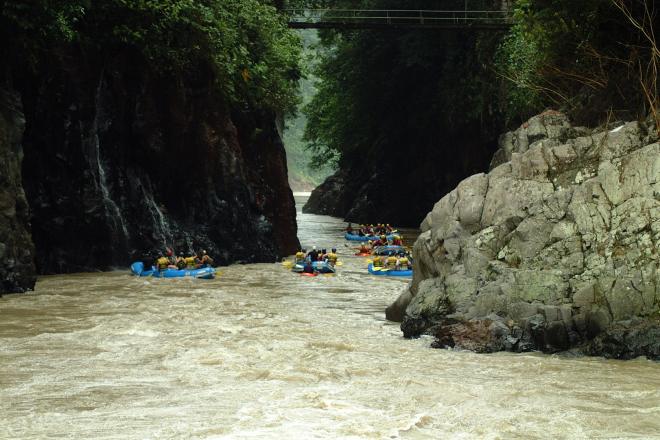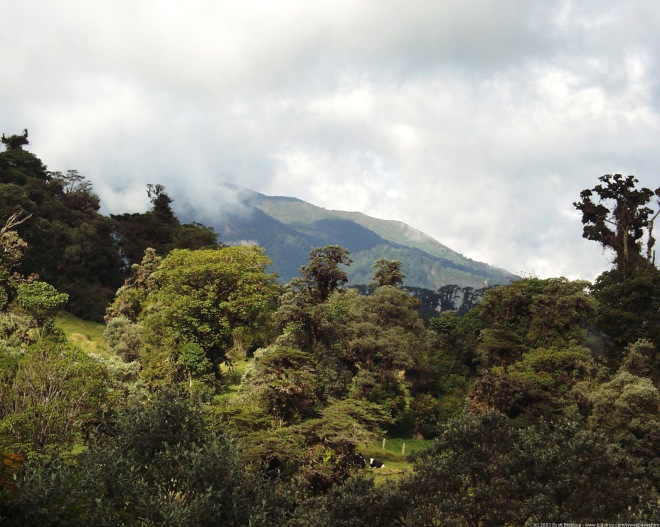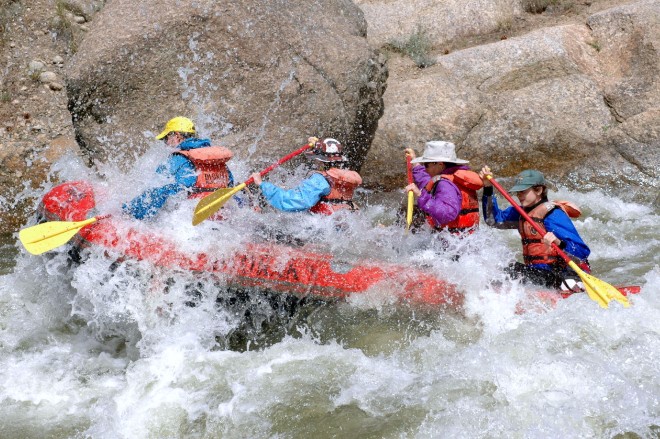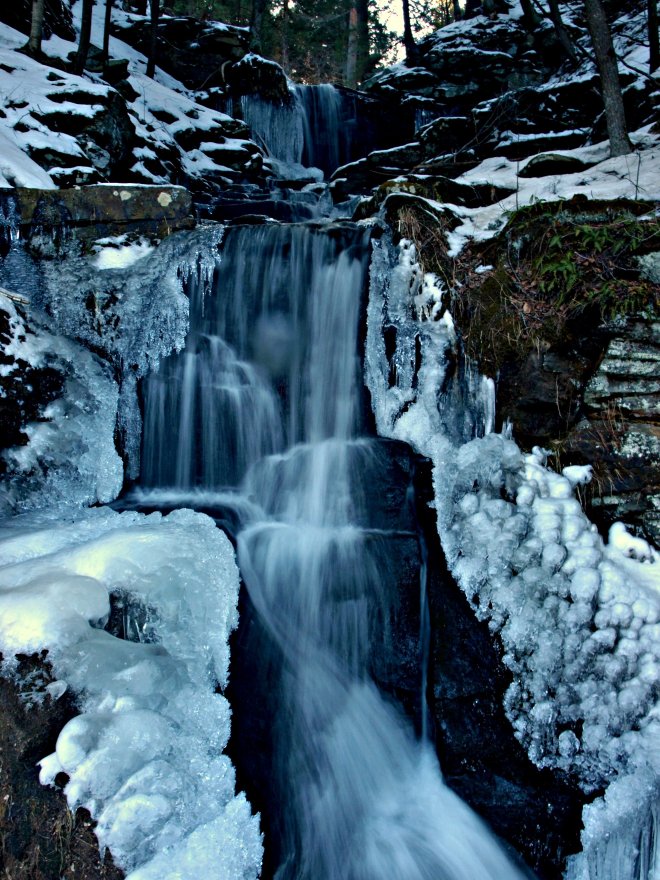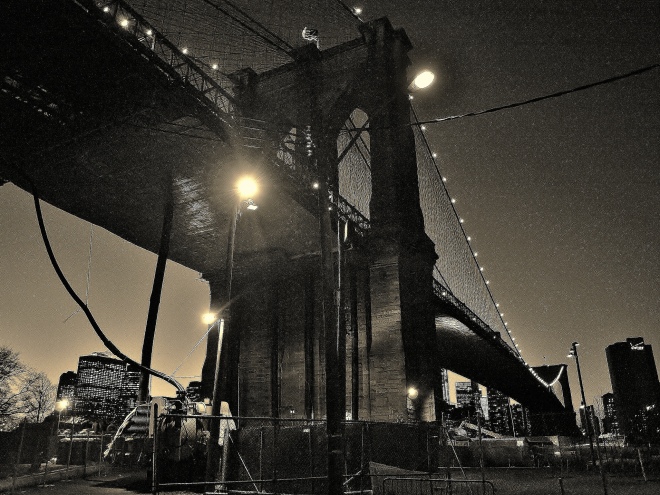A JOURNAL OF THE RAMSTEIN AIR SHOW DISASTER
A Tribute/Parody of Daniel Defoe’s “Journal of the Plague Year”
by Benjamin J Spencer
WITH THIS DOCUMENT, or rather, testament, I will attempt to recreate for you, dear reader, the specific circumstances involved in the horrible disaster which occurred upon the date of 28 August, 1988, at Ramstein Air Force Base near the town of Frankfurt (in what was then West Germany).
This is but a poor account of a day of indescribable horror, and may I never live to experience another of its like.
I arrived at this base – which is to this day still regarded the center of European operations for the United States Air Force under the grand tenets of the North Atlantic Treaty Organization – as I say, I arrived at this base in rather high spirits, as the annual Flug Tag, as the Germans say, was about to begin.
And truly it had promised to be a rather exciting display of aerial acrobatic prowess. A number in excess of 300,000 spectators, whether military or civilian in appointment, eagerly awaited the opening fly–over of jet aircraft, a customary commencement ritual at the annual event.
My military designation was as a sometime civilian contractor, and as a consequence I was not chosen to join the gathering of officials and dignitaries seated in ascending rows of bleachers, apart from the general population. I stood instead in the commoner’s area near the landing strip (though this unsuitable arrangement did not overly offend me, as I strive always to remain a keen and unbiased Observer of Humanity in all its God-given variety, hue and temperament.
Predictably, though – and I might add disagreeably – the hapless poor had heaped themselves in large closely-packed throngs, squirming, braying at a deafening level, consuming great excesses of beer and spirits, and in general behaving with that minimum of social decorum which all such classes are wont to do.
I daresay that if they had been less eager to press themselves together and intemperately gorge on spirits, thus shamefully impairing their faculties, perhaps the effect of the disaster might not have been so dire.
The poor simple souls! They cannot be fully blamed for their ignorant and passionate natures.
* * * * * * * * *
The day was gauzily overcast but otherwise quite fine. Low forested hills arose behind the grey asphalt of the landing road.
Presenntly the opening jet formation flew directly over the heads of the spectator, occasioning great roars of jubilation from the crowd. The show was begun.
The multitudes were held rapt as the daring jet aviators flipped, twirled and banked in effortless unison – in one moment swooping gloriously upward into the heavens, the next tumbling into a precipitous dive toward the Earth, avoiding the inflexible impact of death with mere inches to spare.
Now, the most spectacular display involved nine Italian Air Force jets, collectively know as Frecce Tricolori, viz., the Tricolored Arrows in the fanciful manner of those blessed to live in the fairer regions of Europe.
The Tricolored Arrows rocketed in unison over the crowd. But, as these nine planes were aligned in a heart-shaped formation perpendicular to the ground, all flying at low speed, one of the pilots suddenly broke away from the rest to perform a complicated maneuver.
During the first moments of the exhibition, murmurs of awe arose as one from the assembled, and all faces, tilted unswervingly as they were at the sky, at once betrayed the very type of boundless admiration and respect for these noble airmen as might be accorded by any mortal to a cadre of heavenly hosts dropped down for a visit.
But now, as this one Arrow broke away, arrived the moment that would immediately transfigure each benignly wondering visage into an open-mouthed mask of terror.
For unbeknownst to all in the crowd, this plane – which had in a manner sheared away from the rest – had dipped too closely to the ground, and the pilot was , it to retain control of his craft. No doubt owing to sheer confusion, the hapless airman suddenly corrected his flight in the exact opposite direction – directly into the flight paths of the two other fellows beside him.
All sound seemed to cease in the seconds before the terrible moment of collision. And then – chaos!
From my vantage point near the runway, it appeared as if somehow, fantastically, in that paralyzed instant, all three planes literally imploded into the same tiny point of space and fused into one mass of metal: but then the moment was spent, and the laws of physical intertia regained their awful, inexorable power.
Two of the craft tumbled harmlessly down the runway, molten together into a pulsating ball of orange flame and twisted steel. But the third jet’s trajectory became immediately, horrifyingly clear to all.
This massive jet fighter ricocheted off the ground, then sailed, screeching over the blacktop and directly toward the crowd presently surrounding a concessions vehicle.
The great steel behemoth catapulted and slid across the broad field for a distance of not less than fifteen hundred meters before coming to rest against the vehicle; yet its velocity and power were so tremendous, not enough time remained to these poor souls even to scream: the flaming jet was upon them.
* * * * * * * * *
It would not be seemly to dwell upon the miseries inflicted upon the dead or the injured that day.
But I can faithfully report that the accident occurred within so brief a span of time – as I was told later, only three seconds elapsed between the collision and the deadly landing – and the flames so hellishly hot – nearly 1600 degrees Fahrenheit – that few human observers had a reasonably chance to flee the scene even though they watched the whole catastrophe.
70 persons died either instantly or shorty following the crash. But several accounts have been revealed to me that I have been assured are true in relation to some of the 500 survivors at the site – which covered a large area owing to the flaming debris shooting out from all directions, and which smoked and smoldered for several hours afterward as brave rescuers endeavored mightily to preserve as many lives as possible.
One of the most fantastical accounts related to me tells of a woman who had been standing near the jet when it first impacted the ground.
As the jet pierced the soil, its massive bulk plowed up a giant ramp of earth, which promptly buried the woman and buffered her from any further harmful effects of flame or heat. The plane then ricocheted aloft once again, and she was found – thanks to that almighty Hand which spares us all – frightened but very much alive soon after the rescue efforts began.
Regrettably, the great majority of survivors had not the same protection, and several wandered from the field naked, disoriented or otherwise in shock, and burned over much of their bodies, only to be discovered and treated by observant medical workers – may of whom had arrived on the scene mere seconds after the disaster and who pulled countless wounded back from the jaws of death.
Others of the disoriented survivor would not wait for help, rashly clambering into vehicles and attempting to transport themselves and their family members off the base in order to reach medical centers, and even in some cases appropriating government or military vehicles and exiting the grounds before they could be prevented by authorities.
* * * * * * * * *
In spite of the overwhelming scale of the disaster, the physicians of the emergency service and the helicopter rescue teams performed outstandingly well, and though the hospitals surrounding the Ramstein Air Base fairly overflowed with patients suffering from the most grievous and life-threatening of injuries, a great many of those showered with debris survived and went back to their lives out in the wide world.
As for this observer, however: I am of the opinion that no amount of soothing treatment may ever be able to fully expunge the bitter memories from the minds of those who witnessed the event.
I can only be grateful to that merciful One who saw fit to preserve me safely in this world for the other tasks He has appointed to me.
THE END
